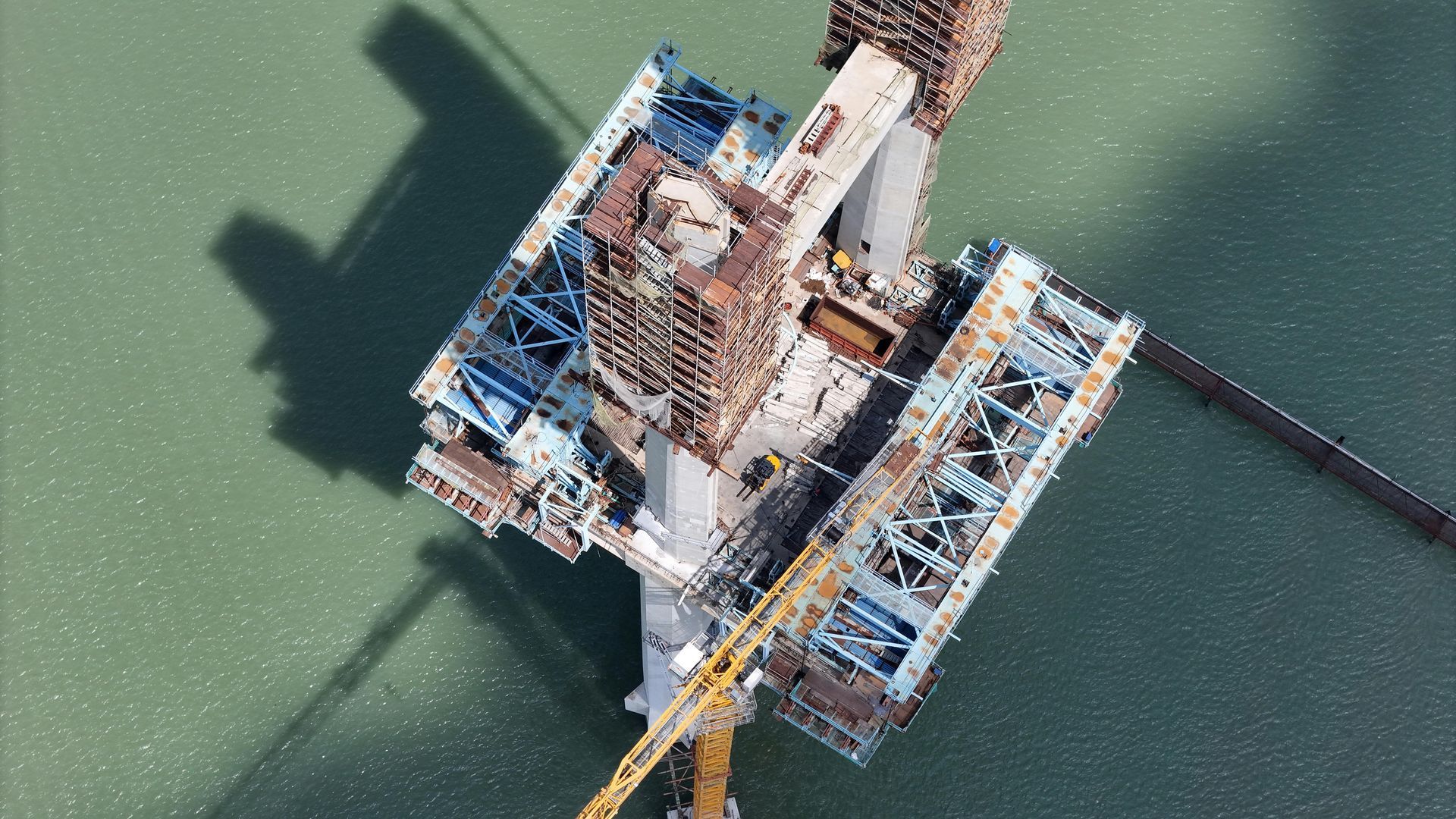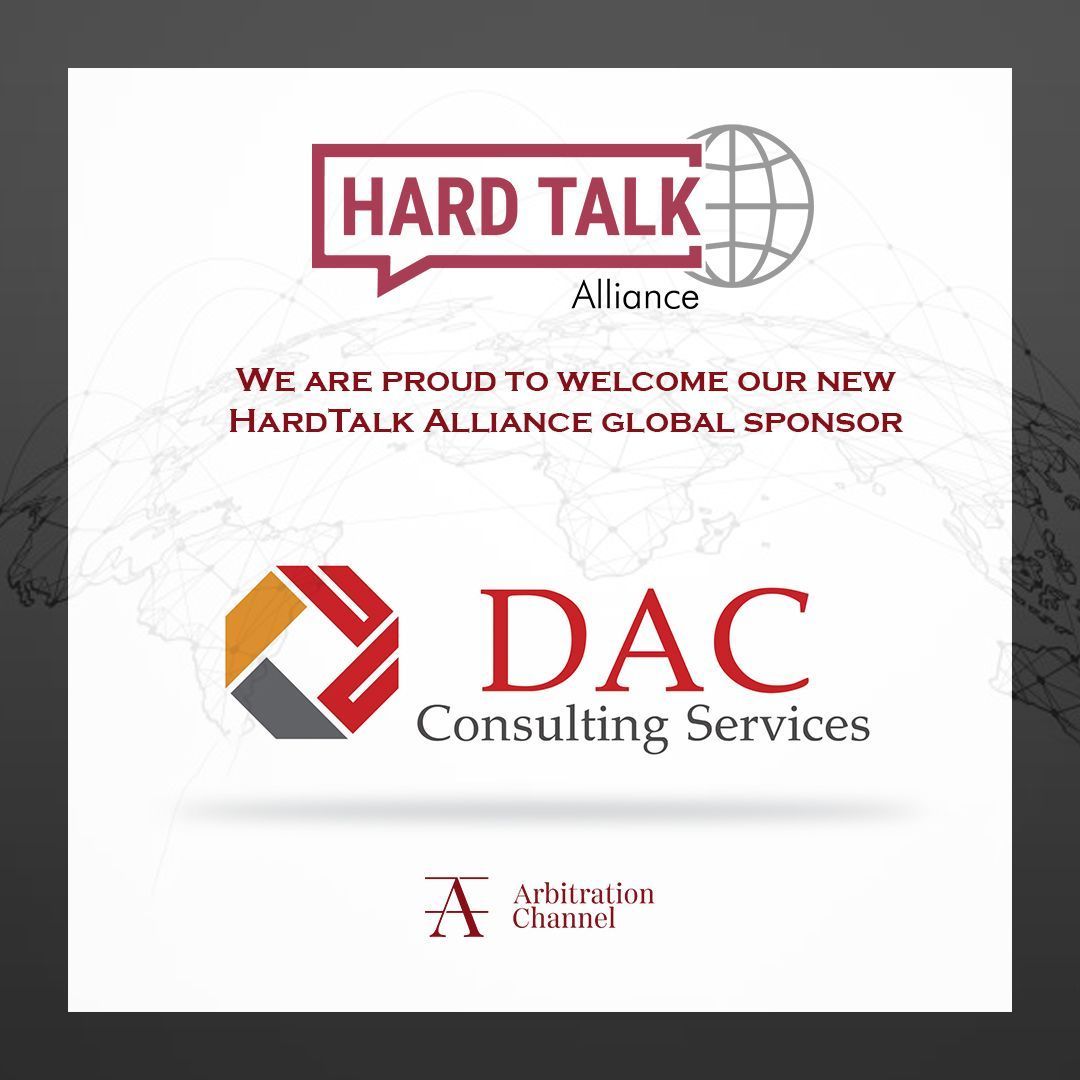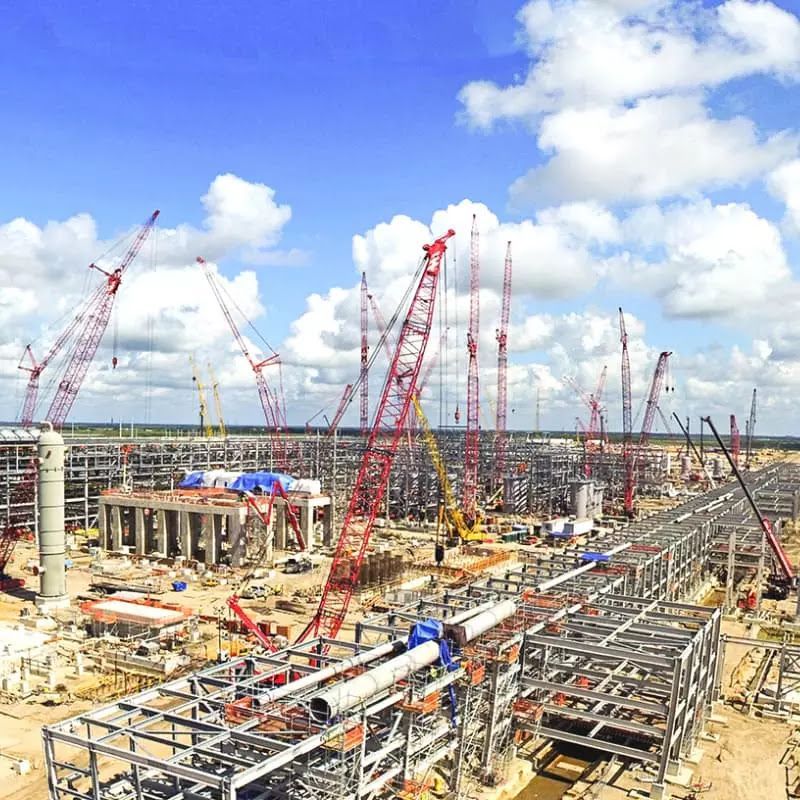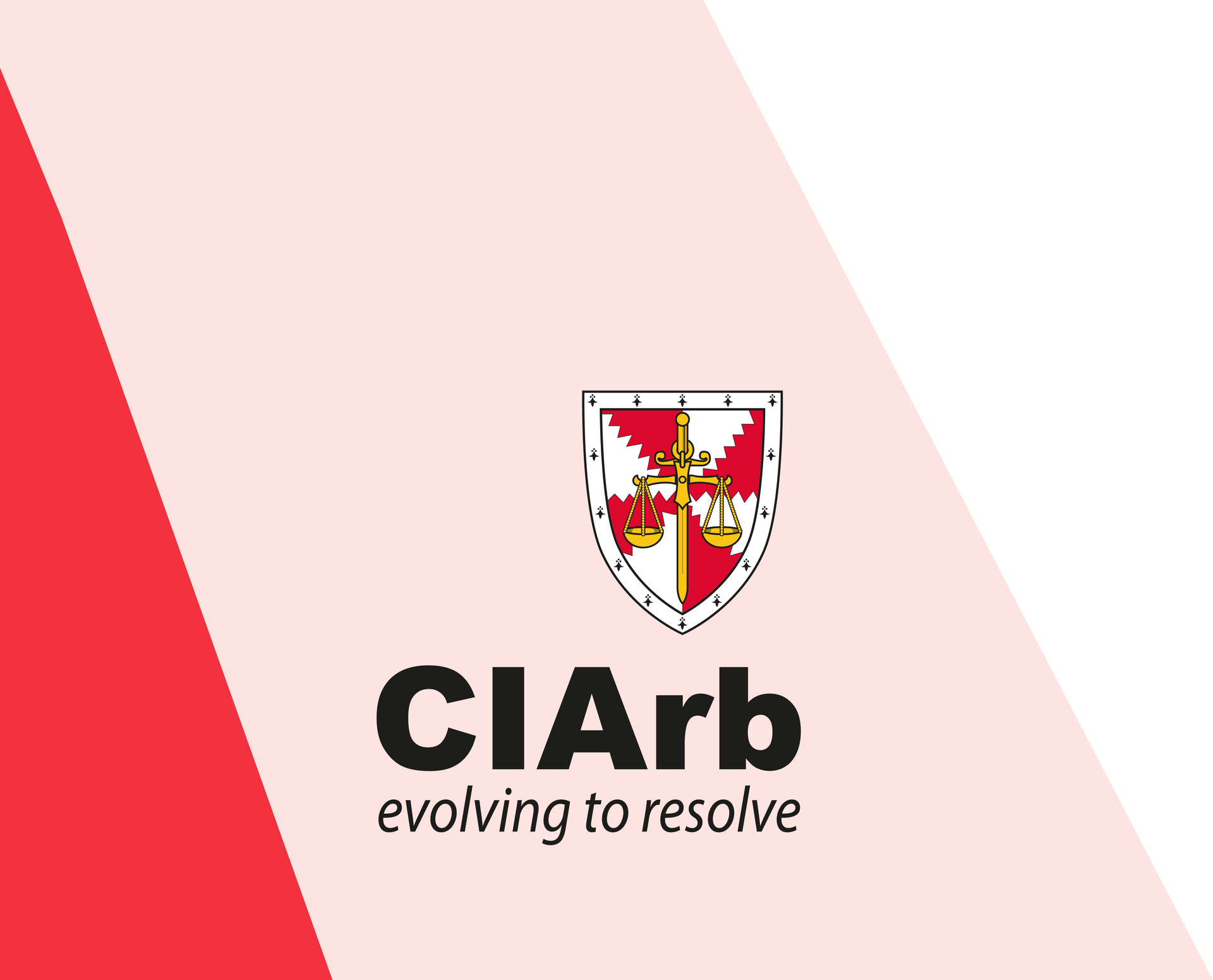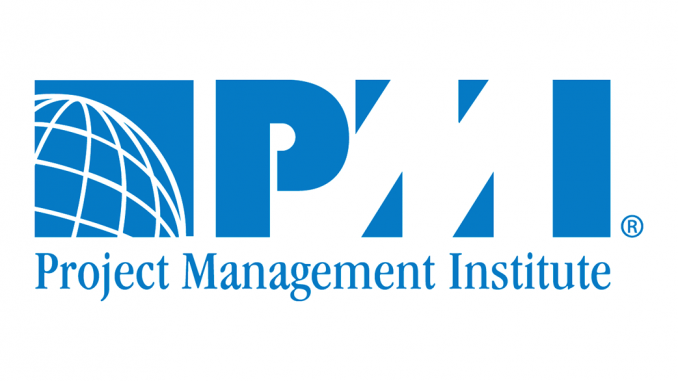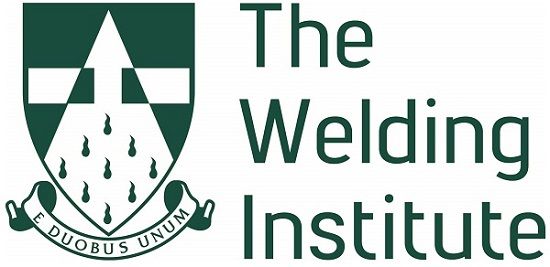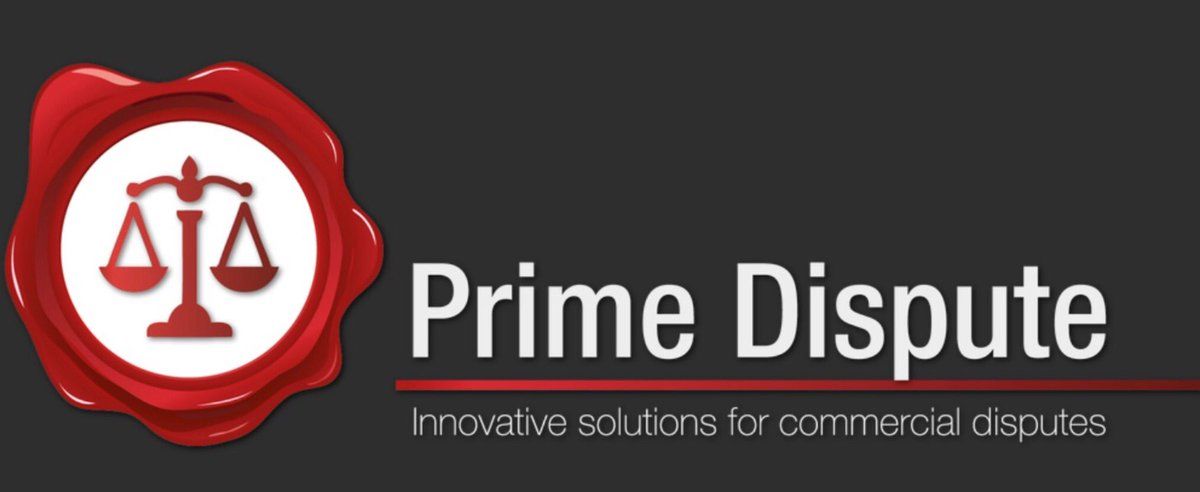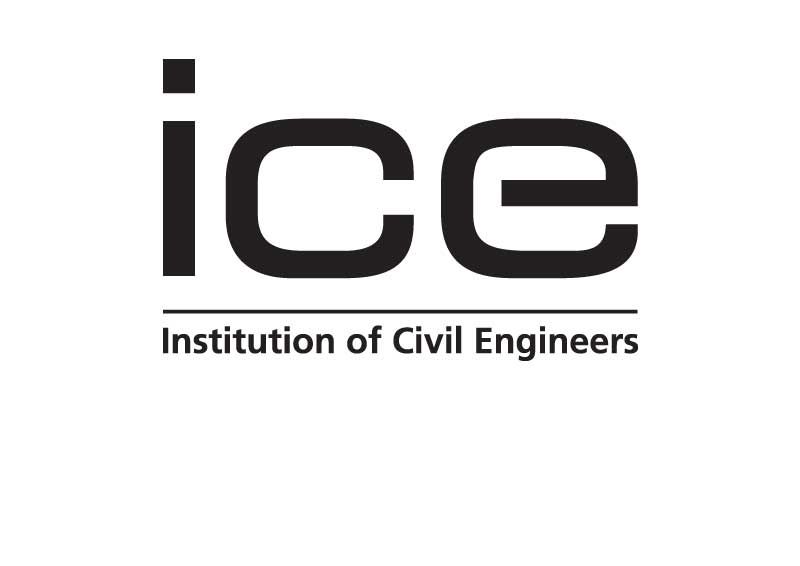26 November 2025
Navigating Delay and Disruption Claims in Global Construction Projects
In an increasingly interconnected construction industry, projects are no longer confined to national borders. From high-speed rail networks in Europe to energy infrastructure in the Middle East, international collaboration has become the norm.
But with global opportunity comes global complexity — and nowhere is this more evident than in delay and disruption claims.
When schedules slip, productivity drops, or unforeseen events affect delivery, disputes can arise over who bears responsibility. Understanding, analysing, and resolving these claims requires not only technical precision but also a nuanced appreciation of jurisdictional, cultural, and contractual differences.
At DAC Consulting Services, our forensic delay and quantum specialists work across multiple continents, helping clients manage and resolve complex international disputes through clear, data-driven analysis.
The Global Nature of Delay and Disruption Claims
Delay and disruption are among the most common causes of disputes in construction.
While the underlying issues — such as design changes, material shortages, or scope variations — may be universal, the context and complexity of claims vary widely between jurisdictions.
International projects often involve:
- Multiple contracting parties across different legal systems.
- Language barriers affecting communication and documentation.
- Diverse regulatory frameworks governing time extensions, payments, and performance obligations.
- Cultural differences influencing negotiation styles and dispute resolution preferences.
In this environment, managing delay and disruption claims requires not only technical expertise but also global awareness and sensitivity.
Understanding Delay and Disruption
Before exploring how claims are analysed, it’s important to distinguish between delay and disruption — terms often used interchangeably but with distinct meanings in construction law and project management.
Delay refers to time-related impacts — events that postpone completion or extend the project schedule.
Disruption refers to reduced productivity or efficiency — when work is performed out of sequence, under changed conditions, or with unexpected interference.
While delay can often be quantified in days or weeks, disruption is more complex, involving performance data, resource utilisation, and comparative productivity analyses.
Both require forensic assessment to establish causation, entitlement, and quantum.
Forensic Delay Analysis: Establishing the Facts
Forensic delay analysis is a systematic investigation of a project’s schedule to determine when, how, and why delays occurred.
Experts use established methodologies — such as As-Planned vs. As-Built or Time Impact Analysis — to reconstruct project timelines, identify critical path changes, and assess whether delays were excusable or compensable.
A well-executed delay analysis:
- Demonstrates the relationship between delay events and project outcomes.
- Differentiates between contractor- and employer-caused delays.
- Provides factual clarity to support negotiation, mediation, or arbitration.
At DAC Consulting Services, our analysts combine advanced scheduling tools with deep industry knowledge to produce transparent, defensible findings that withstand scrutiny in any jurisdiction.
Quantum Analysis: Measuring the Financial Impact
Once the causes and duration of delay are established, the next step is quantifying their financial impact.
This is where quantum analysis comes into play — determining the cost consequences of extended timeframes, reduced productivity, or resource inefficiencies.
Quantum experts evaluate:
- Extended preliminaries and overheads.
- Additional labour and equipment costs.
- Acceleration or mitigation expenses.
- Loss of profit and indirect financial effects.
By correlating cost records with delay events, forensic analysts provide a robust financial assessment that enables fair and transparent settlements.
Challenges in International Delay and Disruption Claims
Global projects present unique challenges for delay and disruption analysis.
Common complications include:
Inconsistent Record-Keeping
Documentation standards differ across countries. Missing or incomplete data can make reconstruction difficult, requiring forensic analysts to piece together evidence from diverse sources.
Divergent Contractual Frameworks
Contracts governed by different laws — such as FIDIC, NEC, or bespoke agreements — have varying definitions of delay, entitlement, and compensation. Analysts must interpret these accurately to maintain legal relevance.
Cultural and Communication Barriers
Misunderstandings between multinational teams can lead to conflicting narratives. Independent forensic assessment provides an impartial technical foundation for discussions, bridging communication gaps.
Geopolitical and Environmental Factors
Global projects are often affected by factors outside any party’s control — such as pandemics, supply chain disruptions, or extreme weather events — all of which require careful causal evaluation.
The Role of Forensic Experts in Global Dispute Resolution
In international disputes, forensic experts often act as the bridge between technical evidence and legal argument.
Their findings are essential in arbitration, adjudication, and litigation, where clarity, objectivity, and technical accuracy determine outcomes.
A well-prepared expert report:
- Clearly explains methodology and assumptions.
- References accepted industry standards.
- Provides transparent, traceable data.
- Stands up under cross-examination or peer review.
DAC Consulting Services’ team of forensic delay and quantum experts regularly support clients in multi-jurisdictional disputes, providing independent reports and expert witness testimony recognised in courts and tribunals worldwide.
Mitigating Future Delay and Disruption
Prevention is always better than resolution.
By involving forensic specialists early in a project’s lifecycle, potential risks can be identified and mitigated before they escalate.
Key proactive measures include:
- Implementing detailed scheduling and progress tracking.
- Maintaining consistent, verifiable site records.
- Conducting regular forensic audits during delivery.
- Using independent experts to review and validate programme updates.
This proactive approach enhances transparency, supports collaboration, and reduces the likelihood of formal disputes — saving time, cost, and relationships.
Conclusion
In today’s global construction landscape, delay and disruption are inevitable realities — but their impact can be managed, measured, and minimised through expert analysis.
Forensic delay and quantum professionals bring clarity to complex, cross-border projects, ensuring that claims are fair, evidence-based, and aligned with international standards.
At DAC Consulting Services, we help clients navigate delay and disruption claims with precision, transparency, and confidence — wherever in the world their projects take them.

Come work with Us!
If you cannot carry out new cases in your current firms due to conflicts of interest, come work with us!
- Modern case management platforms
- Unrivalled team and admin support
- Clear and concise quality management systems
- Exceptional reputation
- Capacity to GROW
- Remote working
DAC is the future of working as an Expert Witness.












